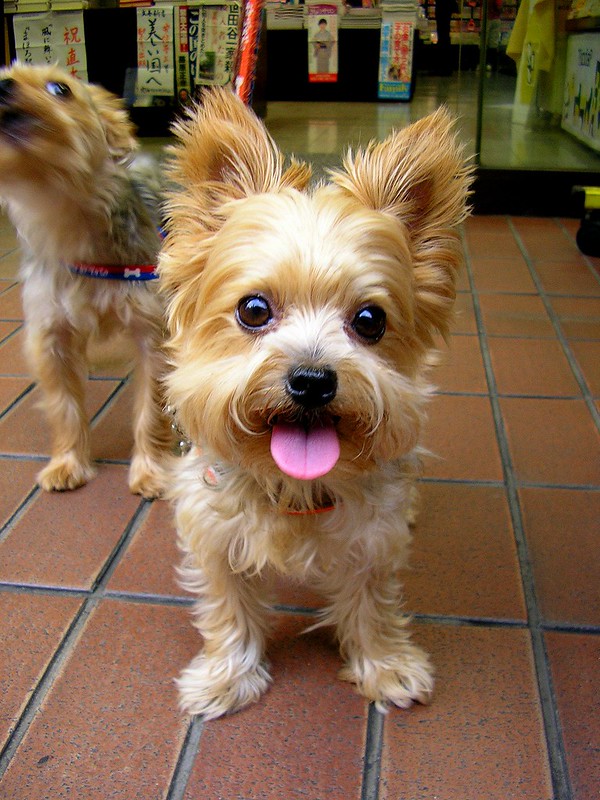Introduction: Our furry friends are cherished members of our families, and it’s only natural to want to share the joy of a good meal with them. However, when it comes to our canine companions, not all human foods are safe for consumption. In fact, some everyday items found in our kitchens can be downright dangerous and even deadly for dogs. In this article, we’ll explore 10 common human foods that pose a serious threat to your dog’s health.
- Chocolate: We often hear about the dangers of chocolate for dogs, and for good reason. Chocolate contains theobromine, a stimulant that can lead to increased heart rate, tremors, and even seizures in dogs. Dark chocolate is particularly potent, so it’s best to keep all chocolate products out of reach.
- Grapes and Raisins: While a healthy snack for humans, grapes and raisins can be toxic to dogs, causing kidney failure. Even a small amount can lead to serious consequences, so it’s crucial to avoid sharing these fruits with your canine companion.
- Onions and Garlic: These common kitchen ingredients contain compounds that can damage a dog’s red blood cells, leading to anemia. Whether raw, cooked, or in powdered form, onions and garlic should be kept away from your four-legged friend.
- Xylitol: Found in sugar-free gum, candy, and certain baked goods, xylitol is extremely toxic to dogs. Ingesting xylitol can cause a rapid release of insulin, leading to hypoglycemia (low blood sugar), seizures, and liver failure.
- Alcohol: Dogs lack the enzymes necessary to metabolize alcohol, making it highly toxic to them. Even a small amount can lead to depression of the central nervous system, vomiting, and in severe cases, coma or death.
- Avocado: While a healthy snack for humans, avocados contain a substance called persin, which can be harmful to dogs. Ingesting persin may cause vomiting, diarrhea, and in extreme cases, pancreatitis.
- Bones: Contrary to popular belief, not all bones are safe for dogs. Cooked bones, especially poultry bones, can splinter and cause internal injuries or blockages. Stick to specially designed dog chews to keep your pet safe.
- Caffeine: Similar to chocolate, caffeine is a stimulant that can affect a dog’s central nervous system. Avoid giving your dog coffee, tea, or any products containing caffeine to prevent symptoms like restlessness, rapid breathing, and heart palpitations.
- Nuts, Especially Macadamia Nuts: While nuts, in general, can be high in fat, which can lead to pancreatitis, macadamia nuts are particularly toxic to dogs. Ingesting them can cause weakness, vomiting, and hyperthermia.
- Dairy Products: Many dogs are lactose intolerant, meaning they lack the necessary enzymes to digest lactose properly. Feeding your dog dairy products can result in digestive issues such as diarrhea and stomach discomfort.
Conclusion: While it’s tempting to share our favorite foods with our furry friends, ensuring their safety and well-being should always be the top priority. Familiarizing yourself with the potential dangers of certain human foods is a crucial step in being a responsible and caring dog owner. When in doubt, it’s best to consult with your veterinarian to create a safe and healthy diet for your canine companion.

